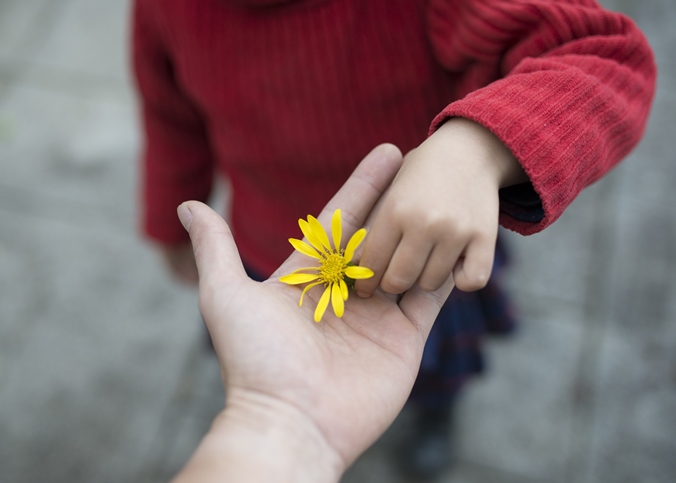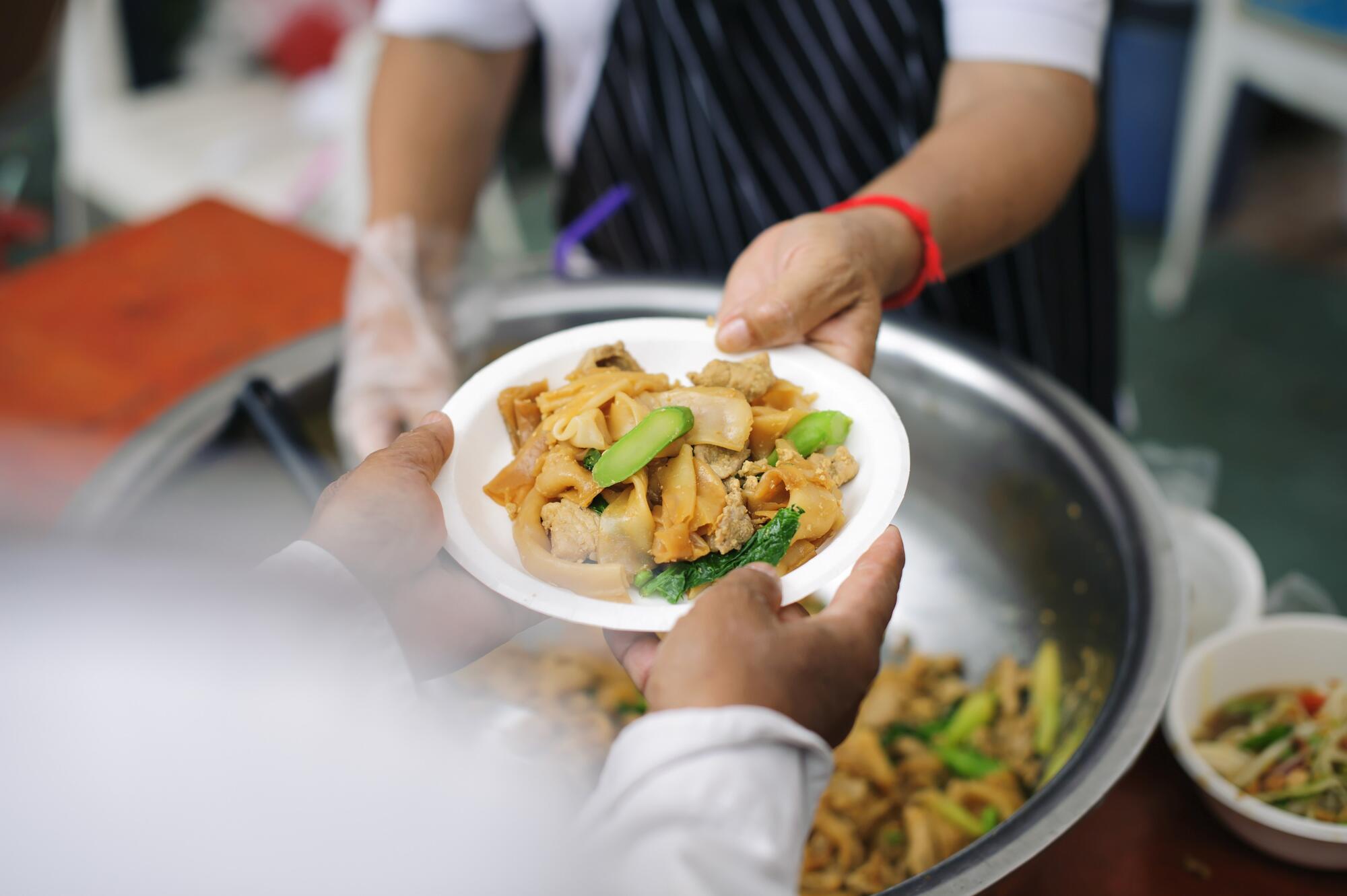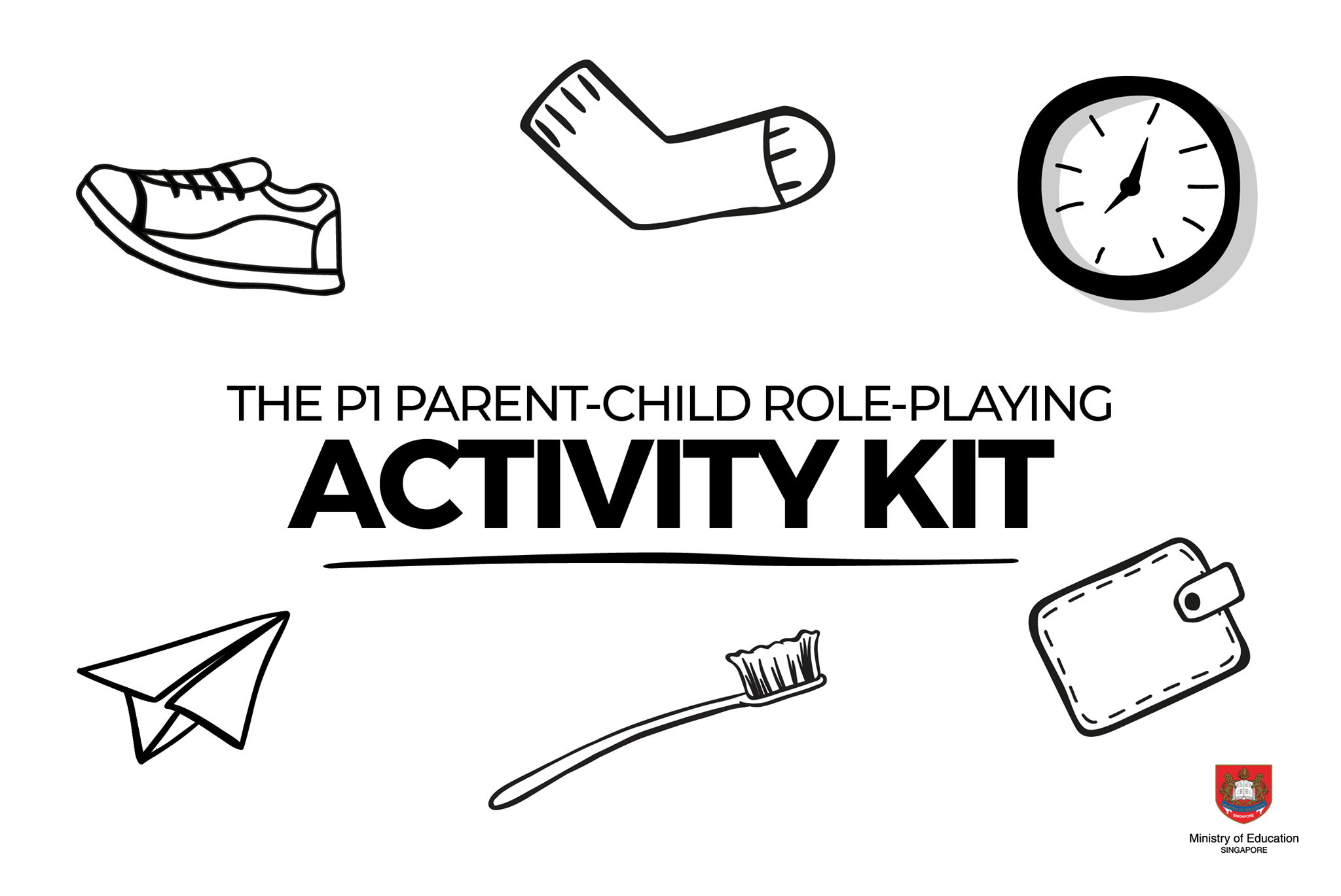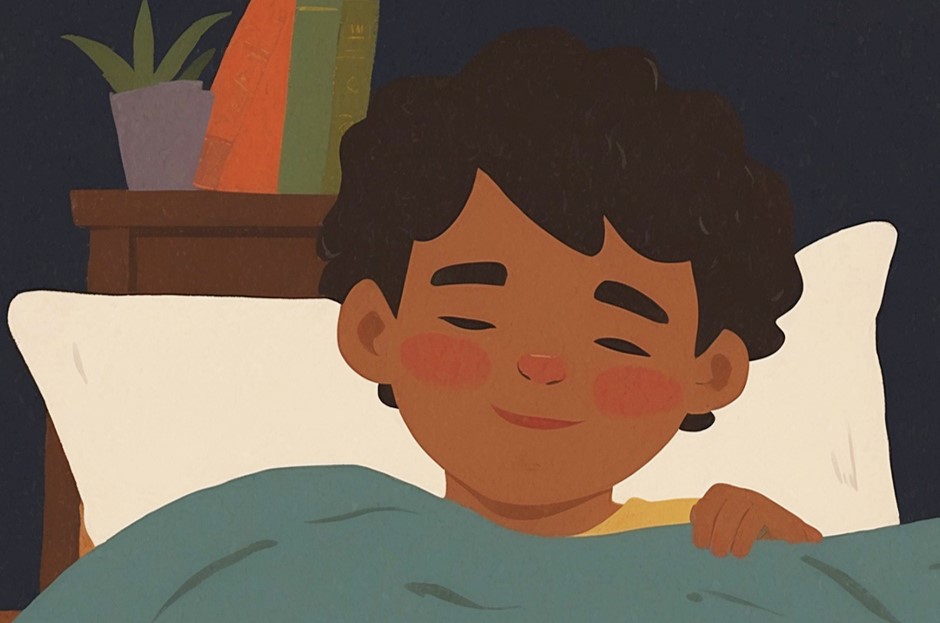“Say thank you!”
Growing up, many of us hear this simple instruction uttered by our parents, and now, we echo the same to our children. But is teaching our children to say thanks enough? Does it make them truly grateful people, or are they merely polite? And why is gratitude all that important anyway?
Studies have found that there are many benefits to practising gratitude. They’ve observed an increase in levels of satisfaction and positive emotion , improved sleep quality, lowering of negative emotions and an ability to better cope with stress. People who are grateful also have deeper relationships and are helpful.
There are many ways to practise gratitude. Here are two fun methods that are based on research and curated by the Greater Good Science Centre at the University of California, Berkeley, which you can try with your child. Doing these on a regular basis helps to make gratitude a habit, and they come to our aid during times of stress.
Three Good Things
Remembering and appreciating the good things that happened to us during the day can change our perspective. We may have had a bad day and feel that everything went wrong, but this practice helps us notice the good things as well.
How to do it
Together with your child, spend about 10 minutes at the end of each day writing down three things that went well that day and reflect on them.
The three things can be big or small and you may ask your child to think about why they think these things happened.
Mental Subtraction of Relationship
When we try to imagine our lives without certain people, we realise how important they are and how fortunate we are. Recognising these important relationships reminds us not to take these people for granted.
How to do it
Trying using the following script for yourself first to experience the process. Modify it to guide your child through this gratitude practice. This practice could be repeated for different people in your child’s life, ranging from the family, friends to even the people you meet in the neighbourhood.
- Take a moment to think about one person in your life – this could be a family member, friend or anyone you know.
- Think back to where and how you met this person.
- Imagine how your life would now be if things were different, and you had never met this person.
- Think about the joy and benefits you have experienced and enjoyed as a result of the friendship or relationship – consider how you would feel if you were denied all of them.
- Shift your focus to remind yourself that you did actually meet this person. Reflect on all the benefits that this relationship has brought you. Now that you have considered how things might have turned out differently, appreciate that the benefits from this relationship were not certain in your life.
- Allow yourself to feel grateful for things that happened as they did, and that this person is now in your life.
- As a follow-up, consider expressing what you are thankful for to this person through words or a written note.






